6 Desi Hacks for Everyday Life That Will Help You Live Green!
At a time when over consumption of plastic and a use-and-throw culture is choking the planet, borrowing a leaf from India’s age-old sustainable habits could make a small but important difference
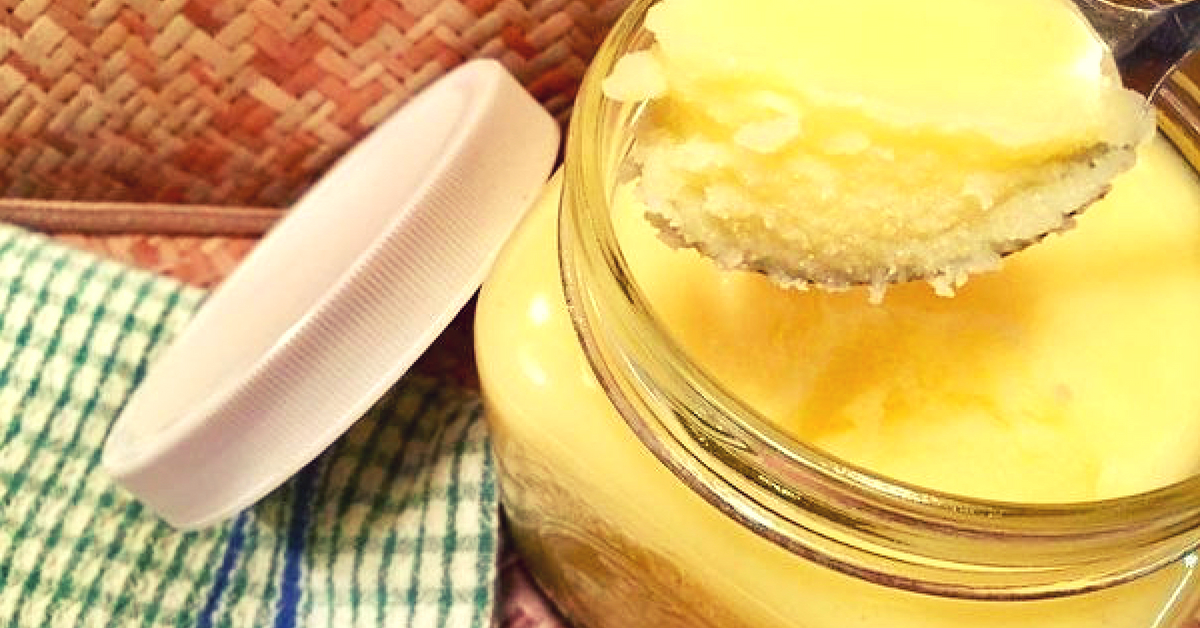
Sustainability underscores many traditional practices in India. It is not an uncommon sight in an Indian household to witness a torn old cloth being used as a duster or old utensils being sold off to a scrap dealer. As a child, I remember using hand-me-downs for school textbooks and upcycling old newspapers into book covers!
In fact, this inherent thriftiness — and the belief that there is more than one use for everything — was entrenched in the psyche of most Indians. However, somewhere along the path to development, we moved away from this time-tested natural way of living.
At a time when over-consumption of plastic and a use-and-throw culture is choking the planet, borrowing a leaf from India’s age-old sustainable habits could make a small but important difference.
Here are six desi hacks you could adapt to go green in your daily life!
1. Ghee Instead of Lip Balms
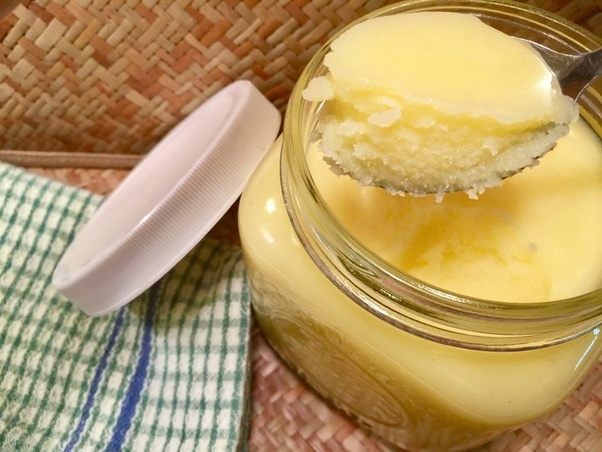
From our dals and rotis to khichdi and halwas, desi ghee is one kitchen staple we Indians never get enough of. Interestingly, according to Ayurveda, it finds a coveted space in beauty and hair care rituals too. Packed with vital fatty acids, it works an incredibly hydrating and natural alternative to artificial lip balms. And the best part about using it is that you don’t have to worry about what chemicals you are eating up!
What to do: Take a few spoonfuls of ghee and heat it up. Once it cools a bit, pour it into a clean glass container and let it solidify. Once that’s done, use it as you would use your lip balm and say hello to smooth, soft lips!
You May Like: 5 Smart & Simple Home Hacks to Reuse Leftover Flowers!
2. Lemon Peels, Tamarind & Rock Salt Instead of Dishwashing Soap
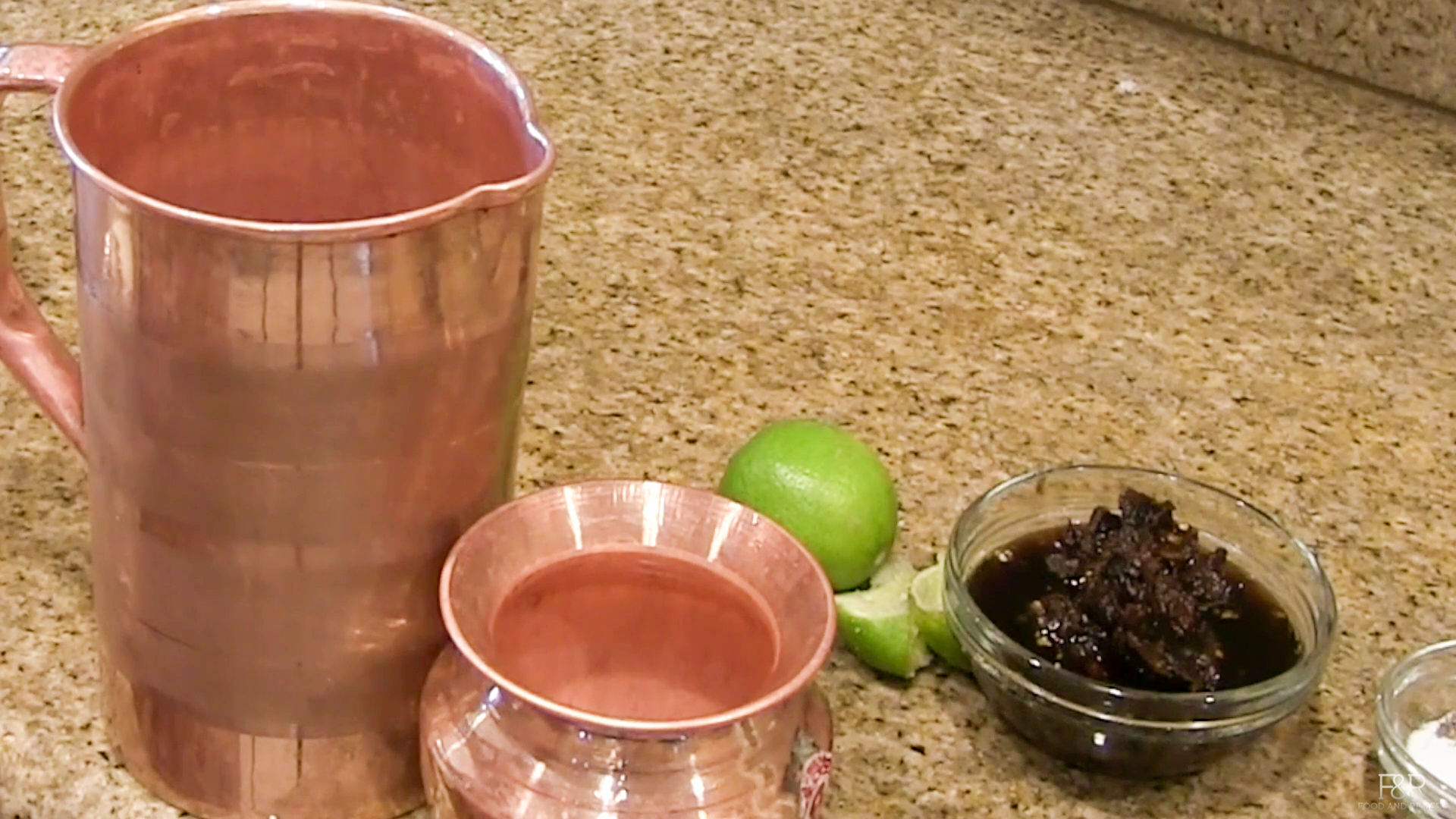
Dishwashing soaps have chemicals that often leave traces on utensils and are rough on your hands. A combination of tamarind and rock salt can make an excellent all-natural alternative that works even on tough and greasy stains. If you like a bit of lather, you can create a mix of rock salt and sun-dried soapnuts (reetha) that have been powdered. Just mix it with some tamarind pulp and its ready to use (this works especially well for copper cookware!).
Instead of tamarind pulp, lemon peel water can also be used. Boil two cups of water and add the lemon peels. Let it soak for an hour or two, add salt and then store it in a container. Your dishwashing liquid is ready to use. For tough and greasy deposits, soak overnight. Then, scrub as usual and see the stains just vanish!
Also Read: Here’s How You Can Make Your Own All-Natural Soap
3. Soapnut & Shikakai Instead of Shampoo

While making your own natural shampoo requires extra time and effort, it is definitely much better for the environment than using their bottled counterparts that come packed with chemicals and foaming agents. Also, doing this can reduce the number of disposable plastic bottles that end up in landfills and water bodies. And the world needs all the help it can get on this front, don’t you agree?
What to do: Soak five pieces of Shikakai, 4 balls of Reetha (Soapnut) and a handful of Amla (Indian Gooseberry) in about 500 ml of water overnight. In the morning, heat the mixture on gas till it just starts to boil. Let it cool till lukewarm. Then mash the ingredients into a pulp (a lot of froth will be produced at this point). Strain and store — your homemade shampoo is ready!
Get It Now: Natural Hand-Soap Made From Soapnuts
4. Clay, Copper & Khansa Instead of Plastic
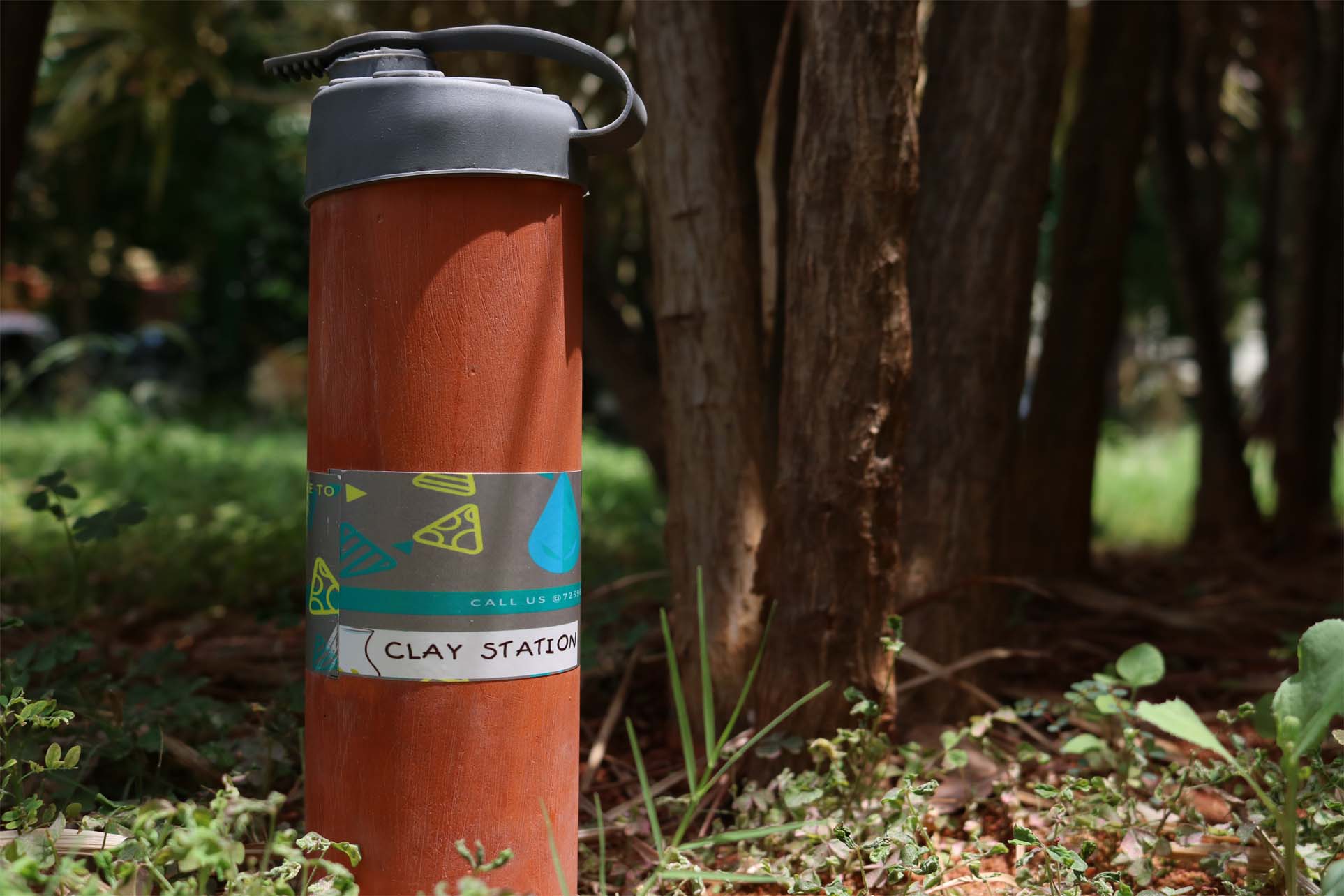
Plastic bottles used to store water take around 1,000 years to biodegrade and produce toxic fumes upon incineration, meaning most plastic water bottles simply end up becoming litter. Handmade, reusable and biodegradable, clay bottles not only make for a better and healthier alternative, they also help keep the water cool. In fact, clay pots have been used in India for centuries to keep the temperature of stored wares low despite the scorching summer heat.
As for cookware, we only need to look at our past for answers when it comes to choosing ideal storage and serving dishes that are environment-friendly. So give melamine and Teflon a miss, and stock up on clay, copper and khansa (bronze) kitchenware. Not only do they make your meal look beautiful, according to Ayurveda, they have a therapeutic advantage too!
Get It Now: These Clay Bottles Keep Water Cool the Natural Way
5. Dhoop & Homemade Potpourri Instead of Air Fresheners
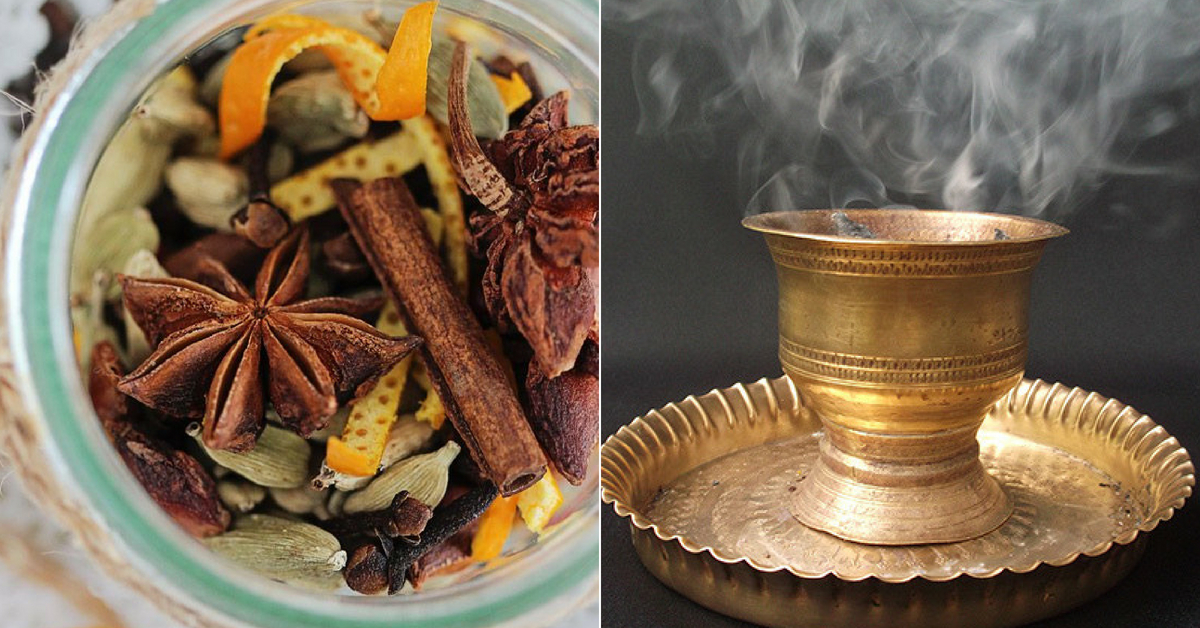
Before reaching for an air freshener that may contain potentially harmful ingredients to you and the planet, take a deep breath and consider using a greener alternative like loban (frankincense).The natural resin of the Boswellia tree, loban produces a beautiful aroma on burning and is a great way of keeping your homes mosquito-free. Making your own potpourri from kitchen ingredients is also a great way of keeping your house smelling great.
What to do: Slow-bake a few slices of apple/orange peel along with some rose petals and sprigs of fresh herbs (rosemary, lavender, thyme) in a pan or an oven till they are dry. Once they cool down, add fragrant spices (like cinnamon, cloves, nutmeg, cardamom) to the mix. You can also add a few drops of your favourite essential oil.
Transfer to air-tight jar, seal and allow to mellow for 2 weeks. Make sure you shake and stir the mixture every alternate day. You can then arrange the potpourri in the containers of your choice. Yet another option would be to fill sachets with the homemade potpourri and place them at strategic locations.
6. Coconut Fibre Instead of Plastic Scrubbers
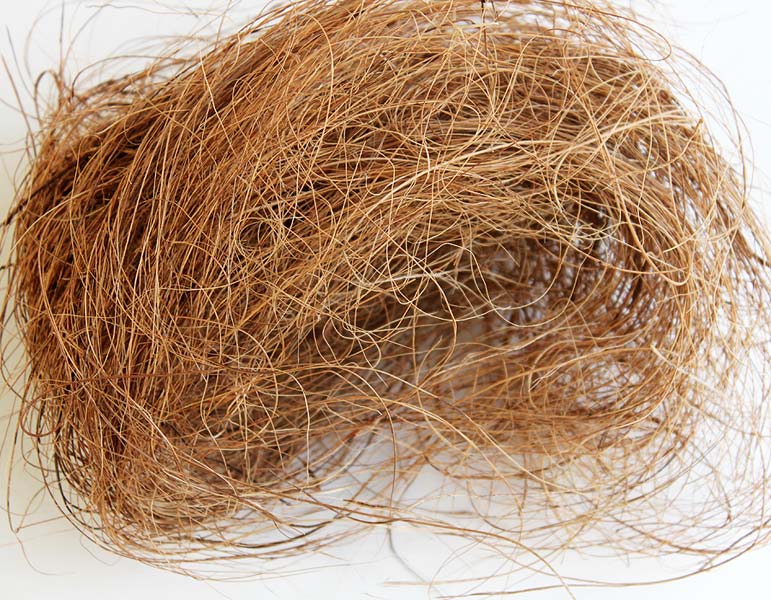
The tough fibres of a coconut husk are great for scrubbing away dirt and grime from utensils. Little wonder it was traditionally used in many Indian households to wash utensils until it was gradually replaced by plastic scrubbers.
So why not replace the nylon pot scourer with a biodegradable coconut husk scrubber. Naturally anti-bacterial and grease-resistant, these fibres do not have the chemicals found in manmade fibres and do not contribute to micro-plastics in our food chains. Also, unlike steel scrubbers, they don’t scratch stainless steel, enamelware or glassware. The best part? They can be composted after use – so they are zero waste!
(Edited By Vinayak Hegde)
Get It Now: Beat Plastic Pollution With Reusable Bamboo Straws.
Like this story? Or have something to share? Write to us: [email protected], or connect with us on Facebook and Twitter.
NEW: Click here to get positive news on WhatsApp!

Similar Story

Beyond Bara Imambara: Heritage Photographer Captures Lucknow’s Hidden History
Maroof Umar loves a good story. Whether it is documenting the last calligraphy artist of Lucknow or finding home chefs who cook the best sheer khurma, here’s how he gives the city’s history a fun spin.
Read more >
If you found our stories insightful, informative, or even just enjoyable, we invite you to consider making a voluntary payment to support the work we do at The Better India. Your contribution helps us continue producing quality content that educates, inspires, and drives positive change.
Choose one of the payment options below for your contribution-
By paying for the stories you value, you directly contribute to sustaining our efforts focused on making a difference in the world. Together, let's ensure that impactful stories continue to be told and shared, enriching lives and communities alike.
Thank you for your support. Here are some frequently asked questions you might find helpful to know why you are contributing?


This story made me
-
97
-
121
-
89
-
167












